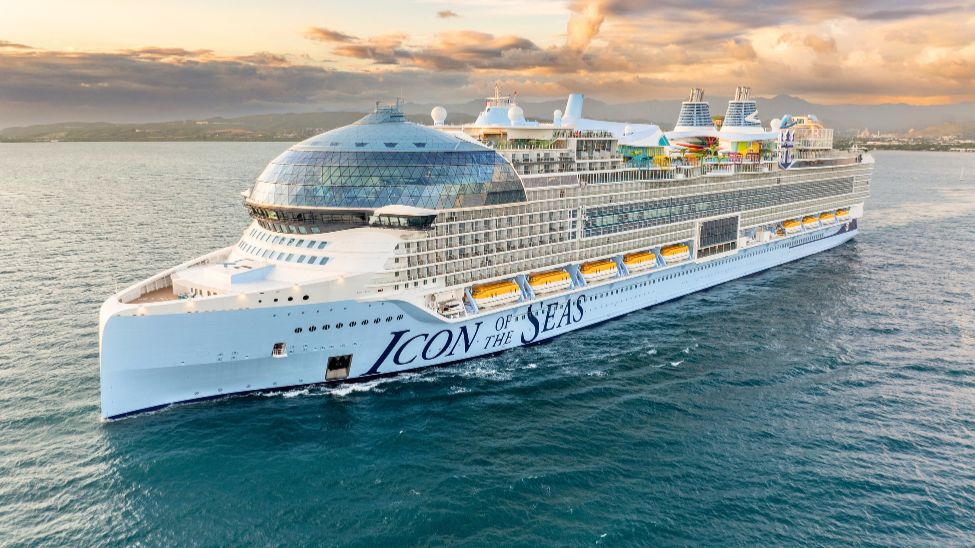By
Laura Hyde |
Italian consultancy Rina will carry out a comprehensive sustainability study for Cruise Lines International Association (CLIA).
The Global Investment Plan Study will map out map out the industry’s real-time energy needs, infrastructure and regulations with foresight scenarios extending to 2050, steering the industry towards a sustainable future.
The study represents a “major step” in the industry’s commitment to align with the International Maritime Organization’s 2030 and 2050 environmental goals. It will cover all areas of the world outside Europe, with the aim of providing CLIA with clarity on the current status and future developments in fuel infrastructure and deployment over the next five to ten years.
Rina will analyse global cruise market itineraries, fuel choices, and propulsion options; evaluate worldwide fuel, bunkering, and onshore power infrastructure; study Greenhouse Gas Protocol regulatory frameworks and their impact on ship design and operations; and estimate the volume of energy carriers required to meet decarbonisation targets, as well as locations and sizes of infrastructure to support cruise itineraries and technologies, taking global funding and investment opportunities into consideration.

Royal Caribbean International
Icon of the Seas is the first Royal Caribbean International ship to be powered by LNG fuel
According to CLIA, which represents 95 per cent of the global cruise ship fleet, the cruise sector is one of the most active in driving the shipping industry towards greater sustainability. Of the 55 cruise ships currently on order, 36 will be LNG powered with an additional seven methanol ready or methanol capable. LNG fuel produces 30 per cent less carbon dioxide than traditional heavy fuel oil, making it a more environmentally friendly option. By 2028 more than 70 per cent of the CLIA-member cruise line fleet will have shoreside power capability.
The outcomes of the study are expected to shape the cruise industry’s approach to sustainability for “decades to come”.